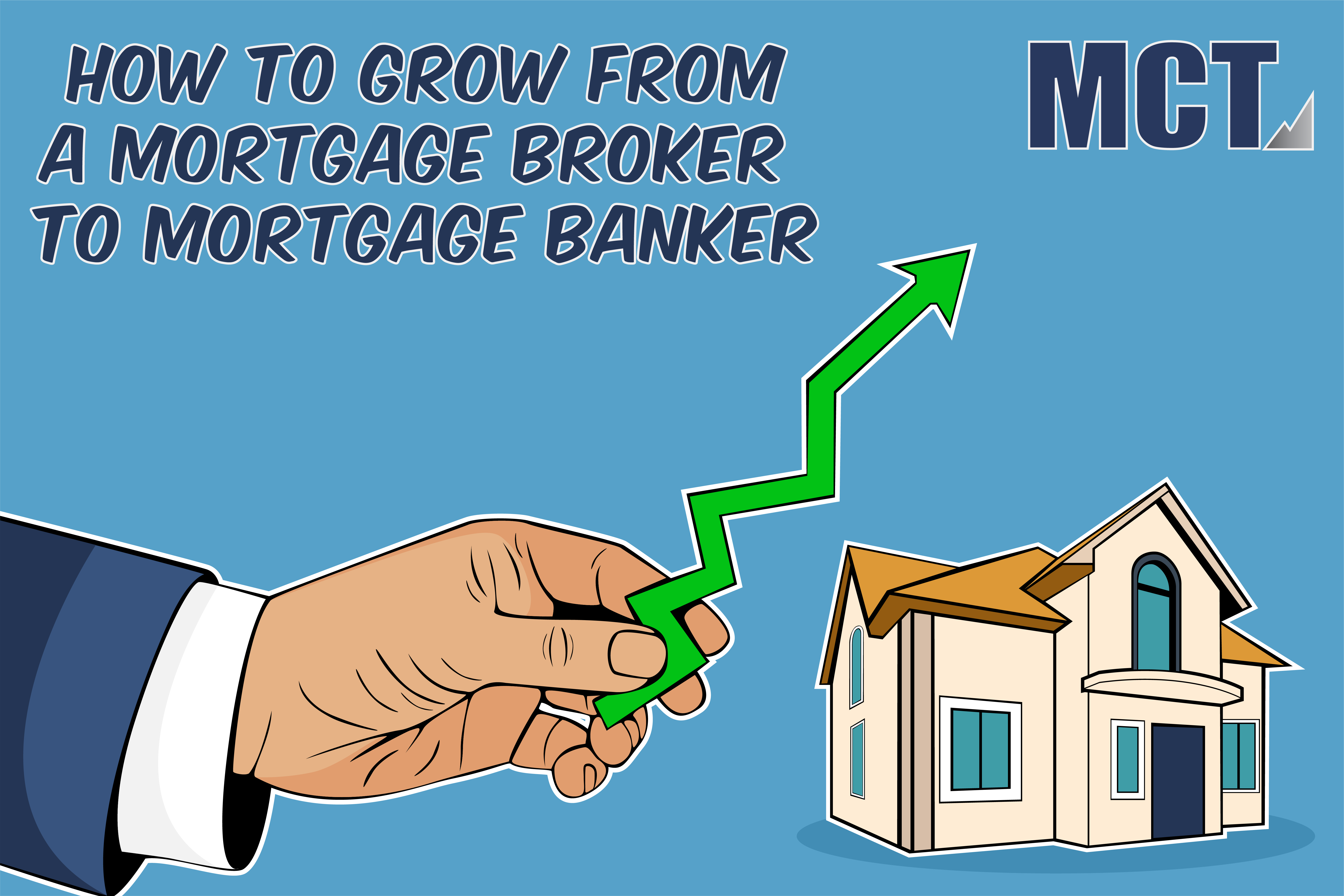Jumbo Loan: Flexible Mortgage Solutions for Large Building Acquisitions
Jumbo Loan: Flexible Mortgage Solutions for Large Building Acquisitions
Blog Article
Recognizing What a Jumbo Loan Entails and How It Differs From Traditional Finances
Browsing the details of big financings discloses a funding alternative tailored for those venturing into high-value property, usually exceeding the limitations set by the Federal Housing Finance Firm. In comparison, standard loans are often more obtainable, gaining from support by entities such as Fannie Mae and Freddie Mac. The considerable risk related to big loans demands extra rigid certification requirements, consisting of greater credit rating and considerable deposits. As these two financing kinds deal with varying monetary landscapes, understanding their nuances is vital for making educated decisions in the complex globe of realty funding. Exactly how do you determine which course best matches your financial strategy?
Definition of Jumbo Finances
Jumbo lendings are a sort of home mortgage that exceed the adapting lending limitations established by the Federal Real Estate Finance Company (FHFA) These car loans deal with borrowers who need to fund residential or commercial properties that are a lot more pricey than what conventional car loan limitations enable. The FHFA establishes yearly adjusting lending limitations, and any type of finance going beyond these limits is categorized as a big finance.
Generally, jumbo lendings are utilized in high-cost real estate markets where home prices significantly go beyond nationwide standards, such as in cities or luxury housing markets. As these finances are not qualified for purchase by Fannie Mae or Freddie Mac, they carry integral dangers for loan providers due to their bigger dimension and non-conformity (jumbo loan). Consequently, lenders usually enforce much more stringent credentials requirements for jumbo loans than typical adhering car loans.
Consumers seeking big car loans must normally demonstrate a strong monetary profile, consisting of a higher credit rating, robust earnings confirmation, and considerable deposit, typically 20% or even more. In addition, loan providers might require a lot more extensive paperwork to analyze the customer's capacity to take care of bigger regular monthly settlements. Understanding the certain features of jumbo finances is crucial for possible customers browsing this sector of the mortgage market.
Traditional Finances Overview
While jumbo car loans deal with high-value property financing, conventional financings stand for the even more typical mortgage option in the housing market. These car loans are not guaranteed or ensured by any kind of government entity, such as the Federal Real Estate Administration (FHA) or the Division of Veterans Matters (VA) Rather, they are backed by exclusive lending institutions and stick to standards established by government-sponsored ventures (GSEs) like Fannie Mae and Freddie Mac.
Standard loans are generally provided with dealt with or adjustable interest prices and differ in regards to duration, typically spanning 15 to 30 years. Borrowers frequently like traditional fundings for their predictable monthly payments, which can promote lasting monetary planning. In addition, they are readily available for main homes, second homes, and investment homes, providing flexibility to fulfill diverse borrower demands.

Trick Distinctions Between Car Loans
At the forefront of this decision-making process are standard financings and big finances, each possessing distinct characteristics and offering various customer needs. Big finances surpass the adhering lending limits set by the Federal Housing Money Company (FHFA), which vary by area.

Additionally, the down repayment needs can differ significantly. Jumbo fundings generally require larger down repayments, often going beyond 20%, to minimize threat. Conventional lendings, on the other hand, may enable lower deposits, with some programs accepting just 3% for professional customers.
Credentials Needs
Safeguarding a big lending involves meeting more stringent certification demands compared to traditional financings, mirroring the raised danger to loan providers. These fundings, which surpass the adapting funding limitations established by the Federal Housing Finance Agency (FHFA), are not qualified for acquisition by Freddie Mac or Fannie Mae, thus exposing lenders to better monetary risk - jumbo loan. Therefore, consumers need to demonstrate a high creditworthiness and financial security
A robust debt score, generally 700 or higher, is critical for approval. Lenders also anticipate a lower debt-to-income (DTI) proportion, often not surpassing 43%, making sure that customers can take care of substantial regular monthly payments along with other economic responsibilities. this hyperlink Moreover, a considerable cash get is typically called for, typically totaling up to six months of home mortgage repayments, to comfort loan providers of the consumer's monetary strength.
Down repayment assumptions are also elevated, often beginning at 20% or more of the residential or commercial property's worth. While this is a guard for lenders, it requires substantial ahead of time capital from debtors. Furthermore, evidence of consistent, sufficient earnings is crucial, usually verified through tax returns, W-2s, and current pay stubs. Independent people might require to supply more documentation, such as earnings and loss statements, to corroborate their earnings security.
Selecting the Right Loan
When selecting the most ideal loan alternative,Browsing the intricacy of jumbo car loans requires careful consideration. With the wider series of options available to those looking for jumbo car loans, the decision-making process needs to entail a detailed analysis of one's financial account and long-term objectives. Unlike standard fundings, big car loans frequently feature more stringent requirements and differed rates of interest, which demand extensive research and a clear understanding of one's economic standing.
When selecting in between different big financing offerings, it is critical to examine the car loan terms, consisting of rates of interest, payment timetables, and connected charges. Borrowers must compare the rates provided by different lending institutions to ensure they safeguard the most positive terms. Additionally, comprehending the implications of taken care of versus adjustable-rate home loans (ARMs) is crucial, as each alternative presents unique advantages and risks relying on market problems and personal monetary approaches.
Engaging with a monetary expert or home mortgage broker can offer useful understandings tailored to private conditions. These specialists can assist in navigating the nuances of big loans, guaranteeing that debtors are educated and equipped to choose a loan that aligns with their monetary goals, inevitably promoting a smoother home-buying procedure.
Conclusion
In summary, jumbo fundings work as an economic tool for obtaining high-value residential or commercial properties, requiring rigid eligibility demands and higher rate of interest because of the elevated danger for loan providers. Unlike traditional fundings, which comply with FHFA limits and might obtain support from Fannie Mae or Freddie Mac, big finances need a minimum credit rating of 700 and next substantial down settlements. Recognizing these differences is important for debtors in high-cost property markets to identify one of the most ideal loan alternative for their requirements.
The FHFA establishes annual adjusting financing restrictions, and any type of car loan surpassing these limits is categorized as a big funding.
At the leading edge of this decision-making procedure are traditional loans and jumbo fundings, each possessing unique features and offering different consumer requirements.Securing a big car loan involves satisfying more rigorous certification needs compared to conventional financings, reflecting the raised danger to lenders. Unlike traditional lendings, big lendings usually come with stricter demands and differed rate of interest prices, which demand extensive research and a clear understanding of one's economic standing.
Unlike conventional finances, which conform to FHFA limitations and might receive backing from Fannie Mae or Freddie Mac, big loans need a minimal credit scores rating of 700 and considerable down settlements.
Report this page